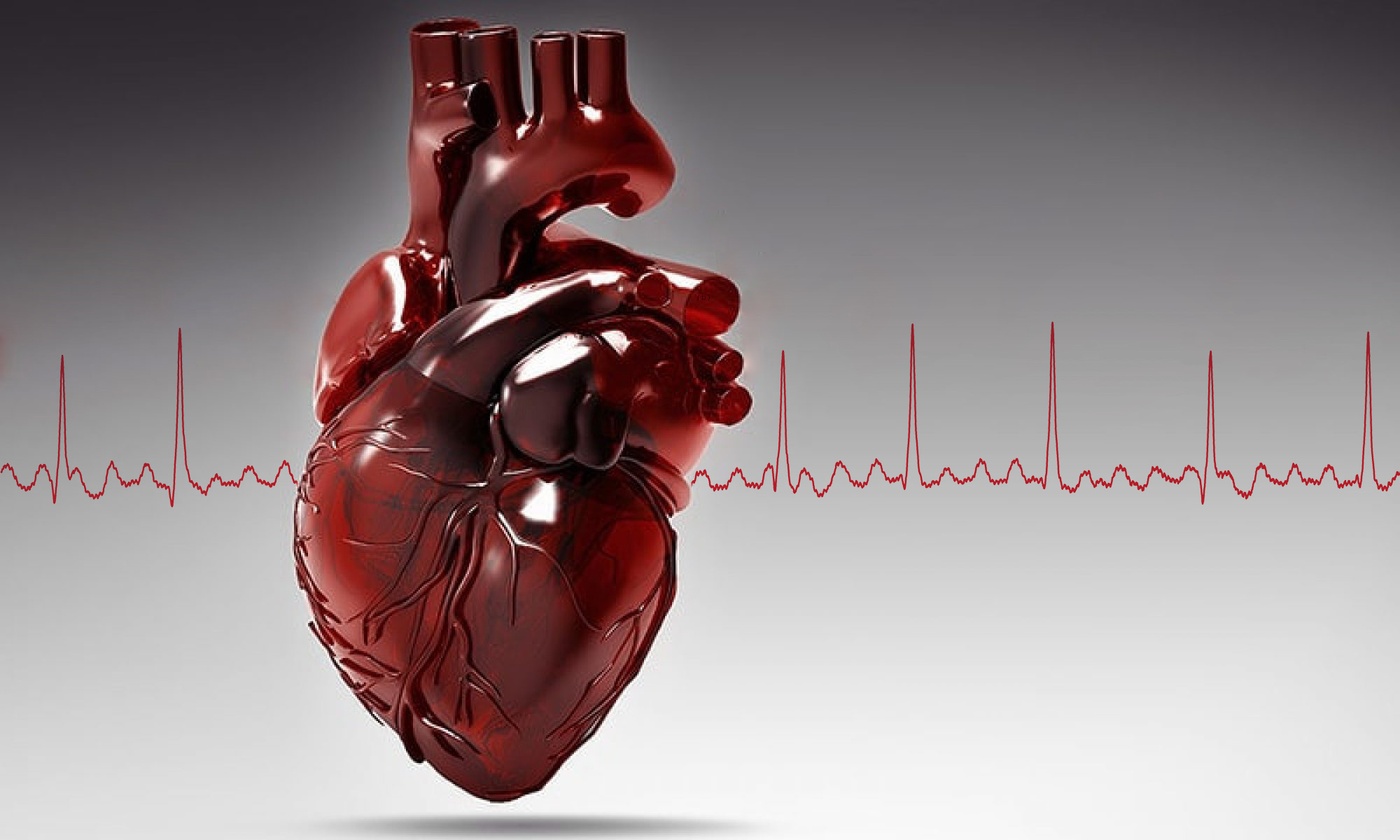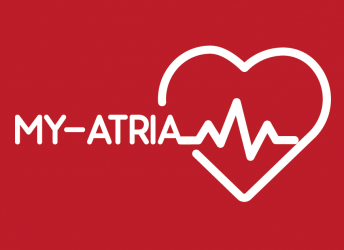Training a new figure of modern professional researchers in AF field with multidisciplinary competencies, able to transfer advances in basic science to market and clinics.
Understanding atrial arrhythmia mechanisms: a better interpretation of atrial arrhythmias mechanisms by studying the electrocardiogram (ECG), and intra-cavity atrial electrogram (EGM) using a hybrid in-silico/in-vivo methodology. Abnormal interatrial connections, normal and dilated left atrium, electrical remodelling, coupling, and fibrosis will be the target of this research activity.
Monitoring, progression and risk stratification: a set of new tools to analyse and characterize the progression of paroxysmal AF suitable for implementation in wearable devices, to detect and monitor AF effectively in large populations for screening purposes. Moreover, multi-parametric AF detectors that include information from other available sensors (wristband, non-contact electrodes among others) will be developed.
Studying the effects of treatment: by developing computational models and linking them to ECG and EGM. Electrocardiographic markers of the AF process will be assessed and linked to the treatment outcome in different patient categories and subtypes of AF including new-onset AF,structural heart disease.


